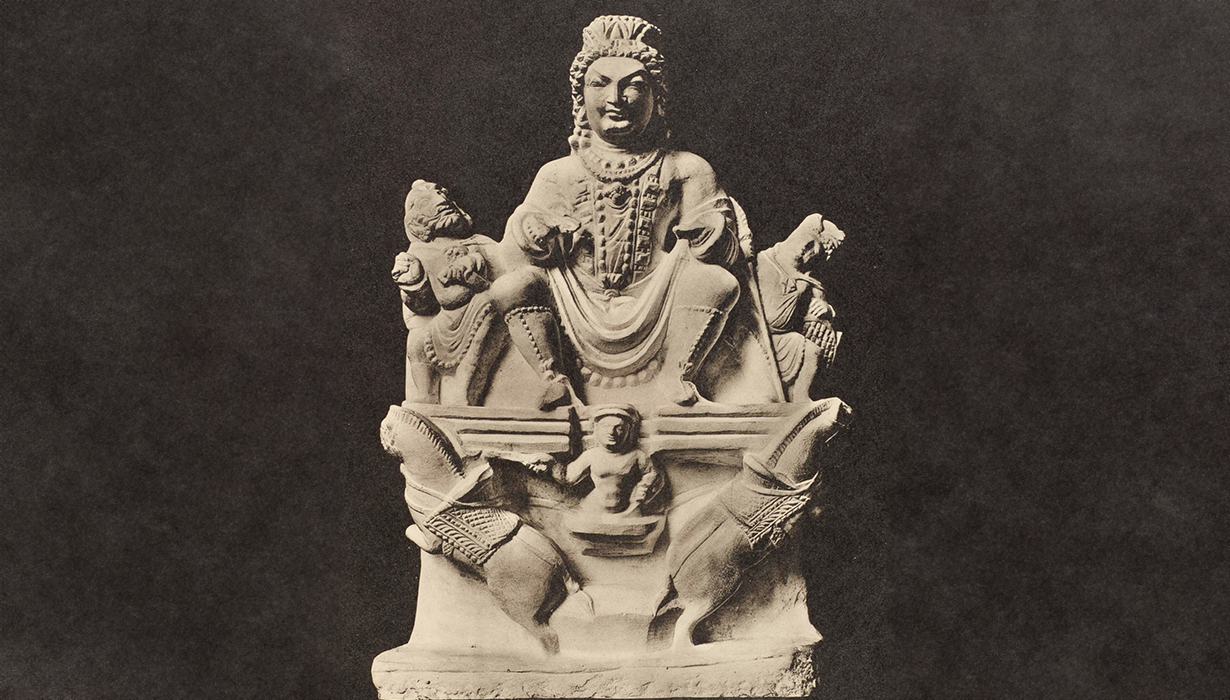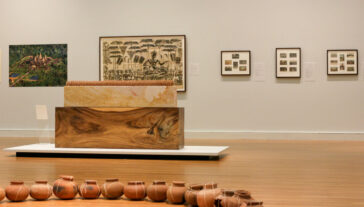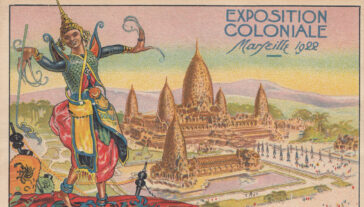Keynote Lecture: “Hindu Themes in the Buddhist Art of Afghanistan”

The American Council for Southern Asian Art 21st Biennial Symposium presents this public keynote lecture by Deborah Klimburg-Salter, University Professor Emerita, Institute of Art History, University of Vienna.
The religious art of Afghanistan during the first millennium CE, was primarily dedicated to Buddhism. However, the Buddhist art from its inception was accompanied by Brahmanical images. This discussion will briefly describe selected Brahmanical images, and their functions, dated to the 1st millennium CE in Afghanistan.
The American Council for Southern Asian Art (ACSAA) is a non-profit organization dedicated to advancing the study and awareness of the art of South and Southeast Asia and the Himalayan regions. The ACSAA Biennial Symposium is co-sponsored by the UMMA in connection with the exhibition Angkor Complex: Cultural Heritage and Post-Genocide Memory in Cambodia.
Free and open to the public.
L
More About the Speaker

Deborah Klimburg-Salter
Deborah Klimburg-Salter received her Ph.D. at Harvard University and Habilitation from the University of Vienna. She has taught South, Central, and Southeast Asian art as University Professor at the University of Vienna and as Guest Professor at distinguished universities in Europe, North America, and Asia. Klimburg-Salter has been the founding Director of the Center for Interdisciplinary Research and Documentation of Inner and South Asia at the
University of Vienna.
With interests in translational art history, Klimburg-Salter’s research spans Northwest India, Afghanistan, and Tibet. Her monographs include The Kingdom of Bamiyan: The Buddhist Art and Culture of the Hindu Kush and Tabo: A Lamp for the Kingdom. Technical at history and conservation are central to her current research interests as is a study of the materiality, production, distribution, and consumption of objects. She has also curated major exhibitions accompanied by catalogues including The Silk Route and the Diamond Path, Buddha in Indien, and Unknown
Tibet: The Tucci Expeditions and Buddhist Painting.
Long-term research on the historical monuments of these different regional cultures led to an awareness of how the arts and monuments transformed and took on new meanings over time. Thus, Klimburg-Salter has worked together with local communities to encourage heritage preservation. Klimburg-Salter is the co-founder of the Nako Research and Preservation Project and The Committee for the Scientific Study and Preservation of Tibetan Art and Historic Architecture. Since 2003, she has worked with UNESCO on heritage preservation projects in Afghanistan. Since
2005, she has directed the Kabul Museum Project, a capacity building and curatorial training project in collaboration with the National Museum of Afghanistan (Kabul). In 2020, she received the Austrian Academy of Sciences Wilhelm Härtel Prize for her scholarly achievements in the field of Asian art history.

